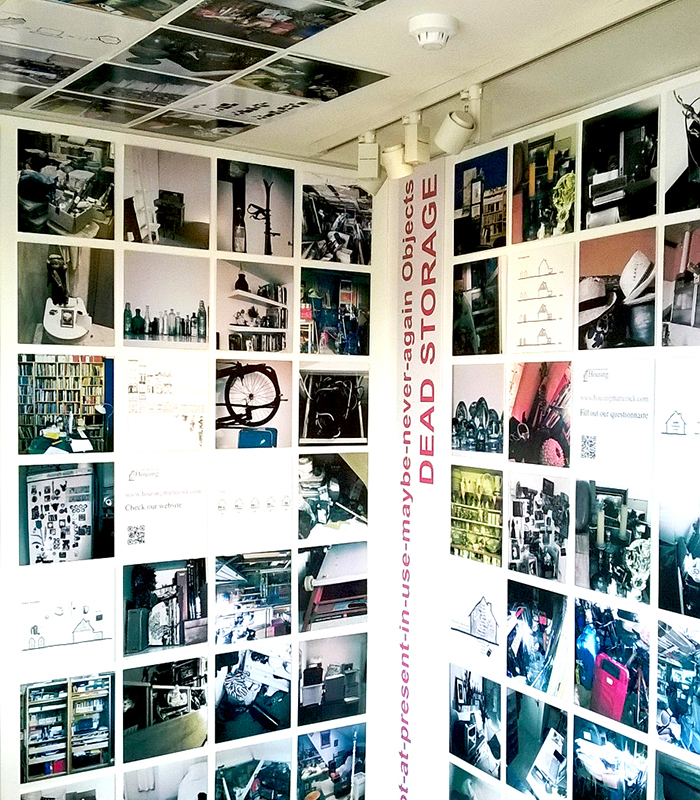Stuff and space in the home: Space for storage as the forgotten design and well-being dimension in standardised housing
Professor Elena Marco, University of The West of England, UK
Awards RIBA President's Awards for Research 2021
Category Design and Technical

In the field of architecture, there has been scarce research on how the accumulation of material possessions impacts on space in the home. There has been little understanding of what households own, collect, store and dispose of, nor the implications this might have for domestic space design, especially that for storage.
The ‘stuff’ that inhabitants own is largely overlooked in current debates on housing policy and design. Yet, householders can have their quality of life, well-being and happiness negatively affected by the ‘stuff’ they keep in their homes.
This study presents a critical, exploratory and reflective enquiry into the relationship between stuff and housing design, using a multi-methodological approach that combines design research and a visual/sensory ethnography. The research engaged practising architects to propose innovative storage-focus housing design solutions, by using architectural probes to enable them to think about housing design from an untested perspective.
The findings present a unique exploration of how domestic space has changed overtime, capturing the intellectual agenda of the house as a ‘container’ and the household contents, the ‘stuff’, as the ‘contained’. The study finds how multi-method explorative methodologies are a helpful analytical mechanism to creatively consider architectural design challenges that need to include diverse, and often overlooked perspectives. Its main output is a new conceptual framework of material possessions, that identifies universal characteristics and categories to be used in housing design, and proposes innovative housing design solutions for the UK standardised house type.
The study concludes that the design of future homes could better support inhabitants’ quality of life and well-being if space for storage was better understood. It argues for a more informed approach to housing design, where storage is valued and the space provided is flexible, so the reality of inhabitants’ ‘stuff’, and the associated well-being implications, are considered.






